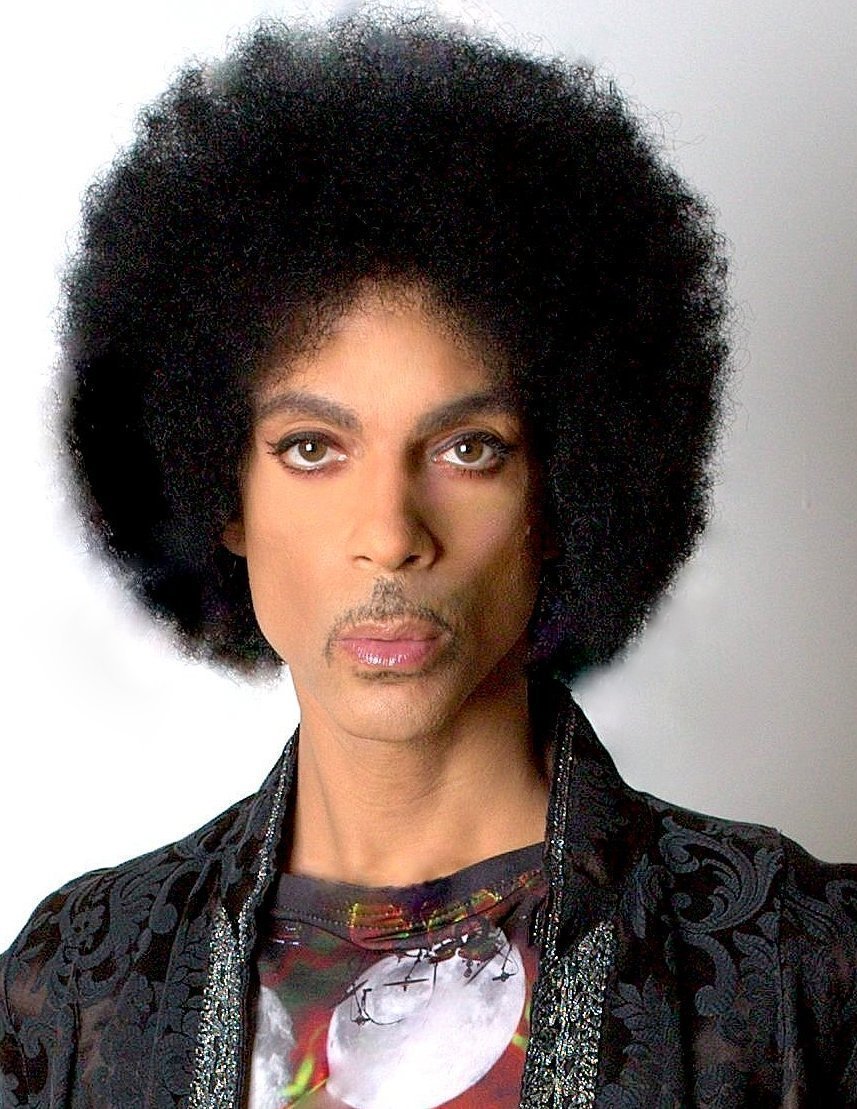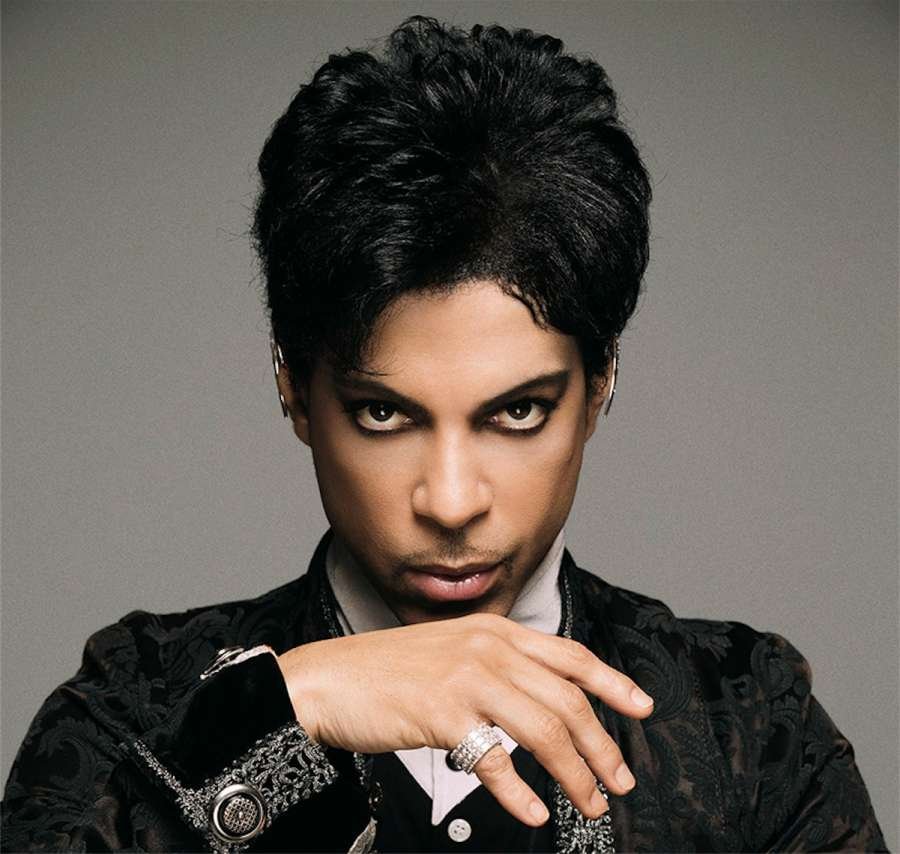Prince’s Quiet Legacy: The Untold Story of His Secret Gift to a Minneapolis School
A Mysterious Visit That Changed Everything
In late 2011, the legendary musician Prince Rogers Nelson walked into Capitol Guitars, a modest music shop in St. Paul, Minnesota. Dressed in his signature overcoat and dark sunglasses, he browsed quietly, asked a few technical questions about tonewoods, and left without making a purchase.
The shop staff recognized him instantly but respected his silence. It wasn’t until the store owner casually mentioned that students at Anwatin Middle School were losing access to their music program due to budget cuts that Prince paused — and listened.

Three days later, a delivery truck arrived at Capitol Guitars. This time, Prince hadn’t come to shop. Instead, he had sent a handwritten list with a simple instruction:
“Everything on this list, pack it and deliver it to Anwatin.”
The list included guitars, violins, drum kits, keyboards, amps, microphones, and even professional recording equipment.
When the owner asked if Prince wanted the instruments labeled with his name or a message, the superstar replied:
“No names. No credit. Just send love.”
A Gift Without a Name — But Full of Heart
The delivery caused confusion at Anwatin Middle School. Teachers and administrators had no prior warning. The delivery slip had no name — just a voicemail number. Music teacher Kenneth Simms was stunned by the quality of the instruments. At first, he thought it was a mistake.
It took several days and some handwriting comparisons before staff quietly connected the anonymous gift to Prince, who had visited Capitol Guitars days earlier.

Prince never publicly acknowledged the donation. When asked about it by a friend, he simply said:
“That’s between me and the kids. Not for headlines.”
Music Was More Than Passion — It Was Survival
Prince grew up on the north side of Minneapolis, where music became his refuge. In a 1999 interview with Ebony, he said:
“If I hadn’t had access to a piano when I was seven, I don’t know who I would’ve become. Music wasn’t a hobby, it was a lifeline.”
His mother, Mattie Shaw, was a jazz singer and deeply embedded in the local music community. That early exposure to music shaped him — and later inspired his many secret acts of generosity.
According to former bandmate Sheila E., Prince frequently funded music camps and youth centers in secret. In her memoir The Beat of My Own Drum, she wrote:
“He believed in giving kids a chance to create. He didn’t want applause. He wanted them to play.”
From Silence to Song — A School Reborn
At Anwatin, the energy transformed. Students who once lingered in quiet hallways after school began arriving early — to practice, to collaborate, to create.
“We didn’t just get instruments,” Simms told MinnPost, “we got hope.”
The anonymous donation breathed new life into the music program. Laughter, rhythm, and joy replaced silence.
Store owner Alan Geller, who saved the original receipt in his office drawer, later revealed:
“Prince didn’t ask for a discount. He said, ‘Charge full price. They deserve the best.’”
A Rhythm That Lives On
Prince’s gift to Anwatin wasn’t meant for headlines. It was meant for children. According to his friend Van Jones, who spoke to CNN:
“He believed that if you help a kid find their rhythm, they might avoid chaos. He never needed a stage for that.”
There were no photo ops. No press releases. Just a quiet act of love from an artist who knew what music could save.
In the city where music had once saved a young boy named Prince, he returned that same gift to the next generation —
